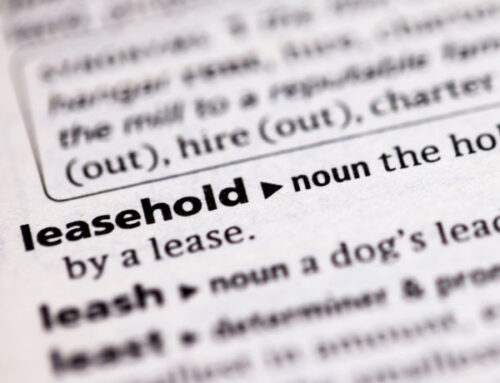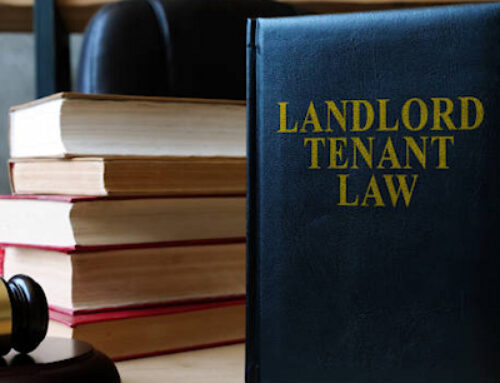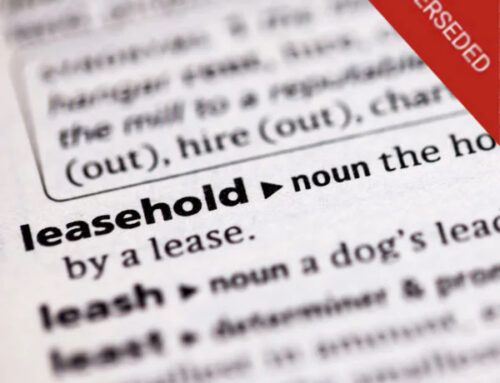Will pension reforms ignite a buy-to-let boom?

The new legislation announced by Chancellor George Osborne during December of last year is set to come into effect during April of this year. Therefore from next month, anyone planning to retire in the near future will be able to control their own pension fund, have access to their allocated pension pot and withdraw the amount they require to spend or invest as they choose.
Industry analysts are forecasting a significant rise in the number of people looking to enter the buy-to-let market for the first time, using their newly acquired pension funds to purchase property. For many, the high yields and solid performance of property investment will be more attractive than leaving their cash where it is currently held.
Property as a pension
Research conducted by financial services company Hargreaves Lansdown found that at least 10% of those approaching retirement age expect to take full advantage of the reforms by withdrawing their entire pension fund from the pot. Sixteen per cent of those plan to reinvest those funds in a buy-to-let property.
If this is something you are considering, you will need to consider how to finance your property purchase. If you have enough cash to buy a property outright, is that the right decision? Or, you may want to think about a mortgage to finance the property.
Many landlords with buy-to-let properties have interest only mortgages, where their rental income covers their monthly repayments. When selling the property, if the property has risen in value, the sale proceeds will refund the initial loan and any increase in value will be their profit (and taxable). This method may allow you to maximise your income in the immediate future. Upon your death, or when you want to realise the capital growth, the property can then be sold and the interest only mortgage repaid.
If you do not need to use your pension fund for your monthly income, a repayment mortgage may be an option and once repaid in full, the property can be left in a will as an unencumbered asset. If you do choose a repayment mortgage remember your monthly repayments will be higher than an interest only mortgage and your rental income, set by the local market, may not cover the higher cost. This option would be preferable for those looking to continue saving rather than looking for an immediate income. A 25-year £150,000 mortgage at 5%, for example, costs £625 a month on an interest-only basis, but this rises to £877 on a repayment plan.
The small print
The new pension reforms have strict tax implications which also need to be considered. Twenty-five per cent of each withdrawal from the pension pot will be tax free, but the remainder will be taxed at a marginal rate; meaning that anyone who withdraws the large sum necessary for property investment could end up paying a significant chunk of that cash over to HMRC. The amount you draw down will obviously depend on how much is in your pension fund and also the value of properties in your chosen investment area. It would be sensible to calculate the amount of tax you would have to pay on your pension fund withdrawal and also how much interest you would be paying on an interst only mortgage repayment. According to Hargreaves Lansdown, an estimated £1.6 billion in tax will be injected into the treasury as a result of large pension withdrawals.
There are also tax implications to consider once you become a landlord. It’s not just repaying your buy-to-let mortgage you need to worry about. If you buy a property and rent it out, that income is taxable, plus, if you sell the property and make a profit that money is subject to Capital Gains Tax. However, individuals currently receive a capital gains tax allowance of £11,000 per annum.
Finally, if you plan to leave property to loved ones in your will, as part of your estate, it is essential to take advice regarding inheritance tax. Your estate will owe tax at 40% on anything above the £325,000 inheritance tax threshold when you die (or 36% if you leave at least 10% to a charity).
Despite considering tax implications and the possible repayment of an original mortgage debt, buy-to-let property investment still looks attractive to many people compared to traditional pension options, especially as house prices continue to rise.








